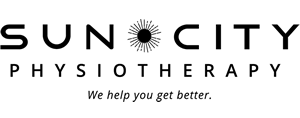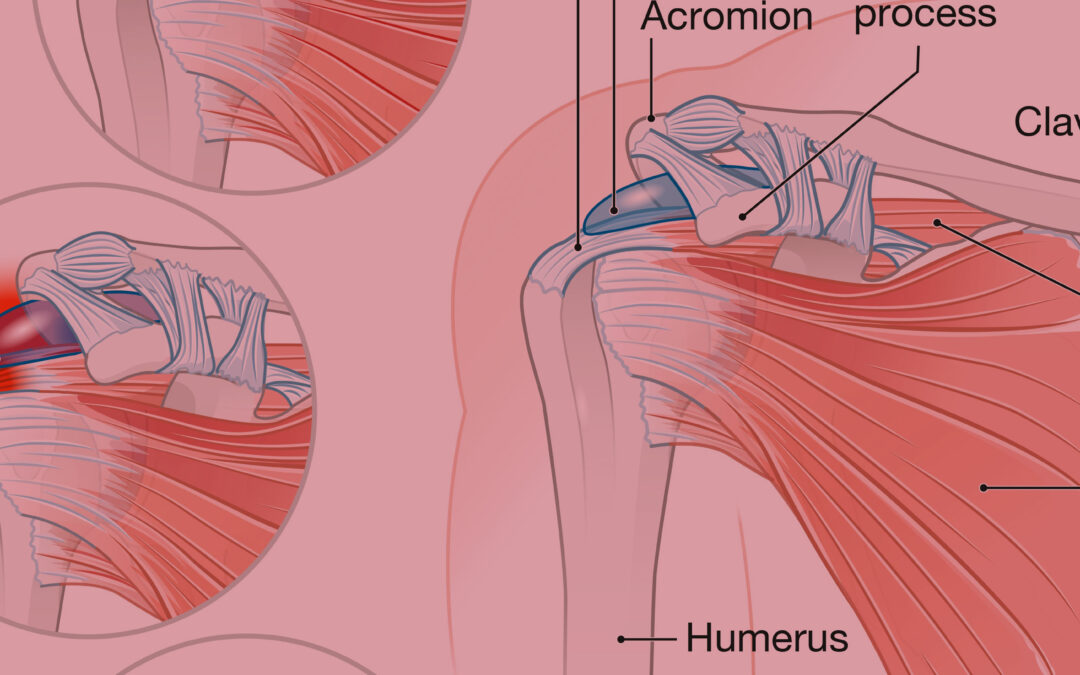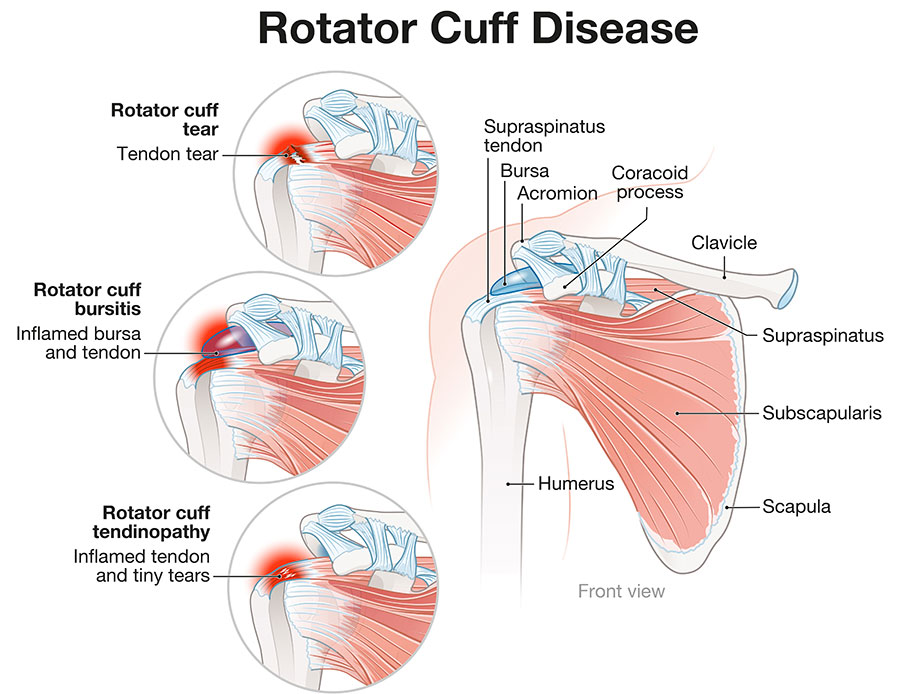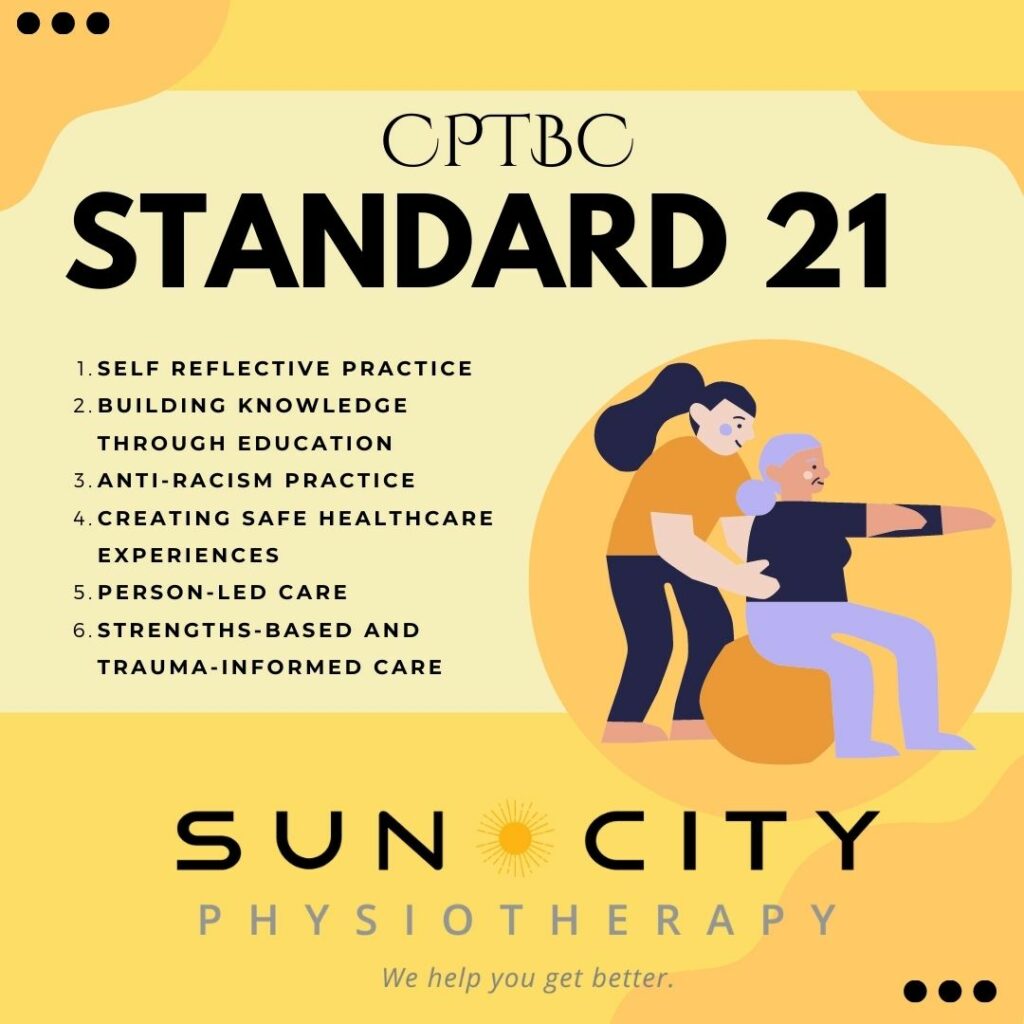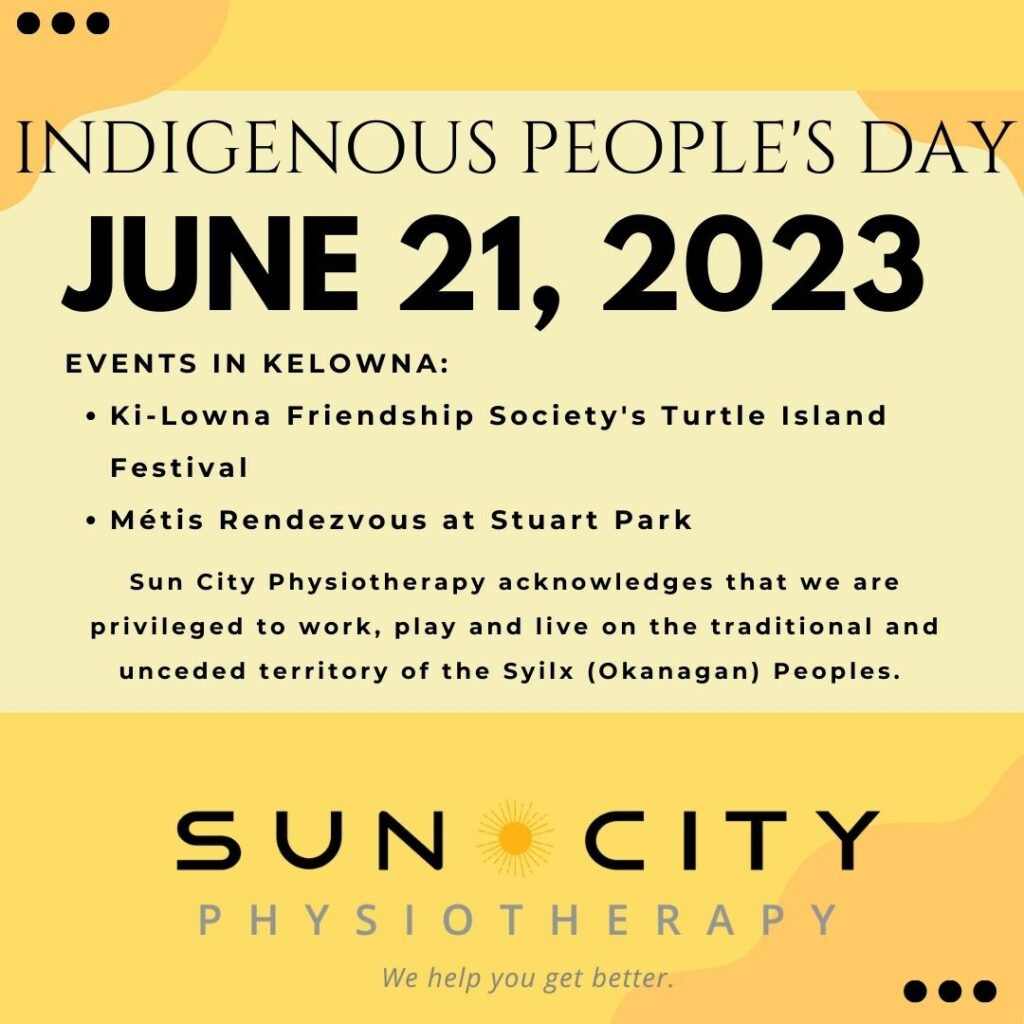
TMJ Dysfunction
TMJ Dysfunction
Argh! Did you wake up this morning with a headache or face pain? Do your jaw joints make noise? Do you have limited movement to open or close your mouth, or get “stuck” in one position during movement? Do your ears sometimes ring? Are you clenching or grinding your teeth? It’s possible you have TMJ Dysfunction or TMD.
TMJ is short for TemporoMandibular Joint. It is the ball and socket joint of your jaw that is separated by a thin, soft piece of cartilage, often referred to as the Articular Disc. These joints can be felt in front of your ears.
TMJ Dysfunction or TMD is the imbalance or change in normal function of the bones, ligaments, capsule, muscles, disc or nerve components of the TMJ complex.
Some signs and symptoms of TMJ dysfunction can include facial pain, headaches, joint noise (clicking, popping), and limited movement or locking. Other symptoms include ear pain/ringing, hearing troubles, tooth pain, neck or shoulder pain and facial tingling or numbness.
TMD could be caused by head/facial trauma, a motor vehicle accident, dental issues, stress induced clenching or grinding of teeth, poor postural habits, and many others.
Clinically, the most common disorders seen are related to muscular overuse and dysfunction, as well as disc displacement disorders creating abnormal positioning of the articular disc within the joint.
Proper assessment, diagnosis, and successful treatment rely on a skilled physical therapy practitioner, with expertise in TMJ management. Treatment of TMD is often focused on desensitizing muscles or improving joint mobility through hands-on mobilization; restoration of normal functional movement pattern through exercise; and providing education regarding prognosis and self applied maintenance. Treatment may also include other muscle re-education techniques such as Intramuscular Stimulation (IMS). We look at other mechanical influences such as neck disorder and posture, to assist in maximizing treatment management. In some cases, we work with your oral practitioner (dentist, orthodontist, oral surgeon) – and other practitioners who deal with behavioral modification – to optimize results.
